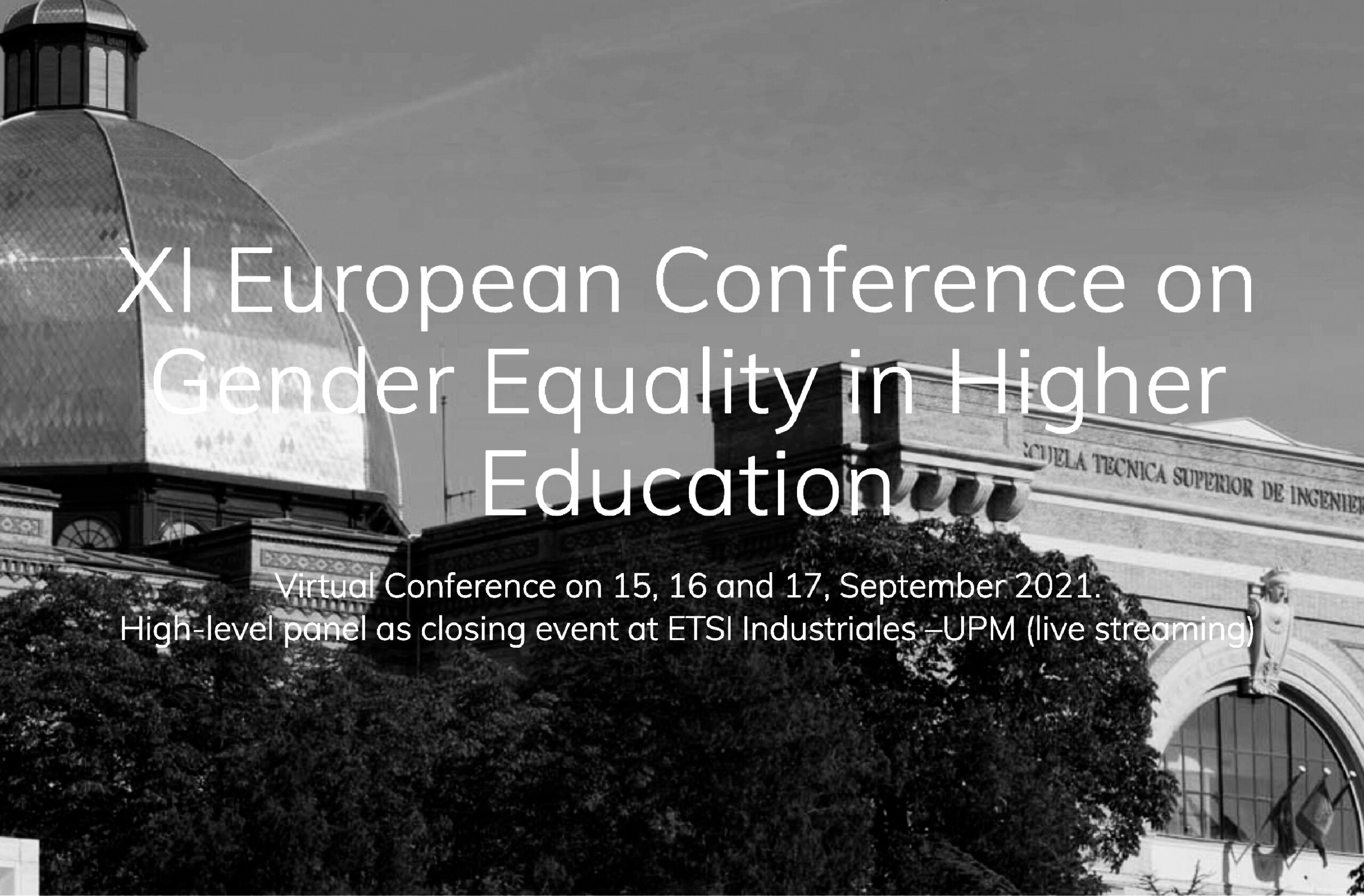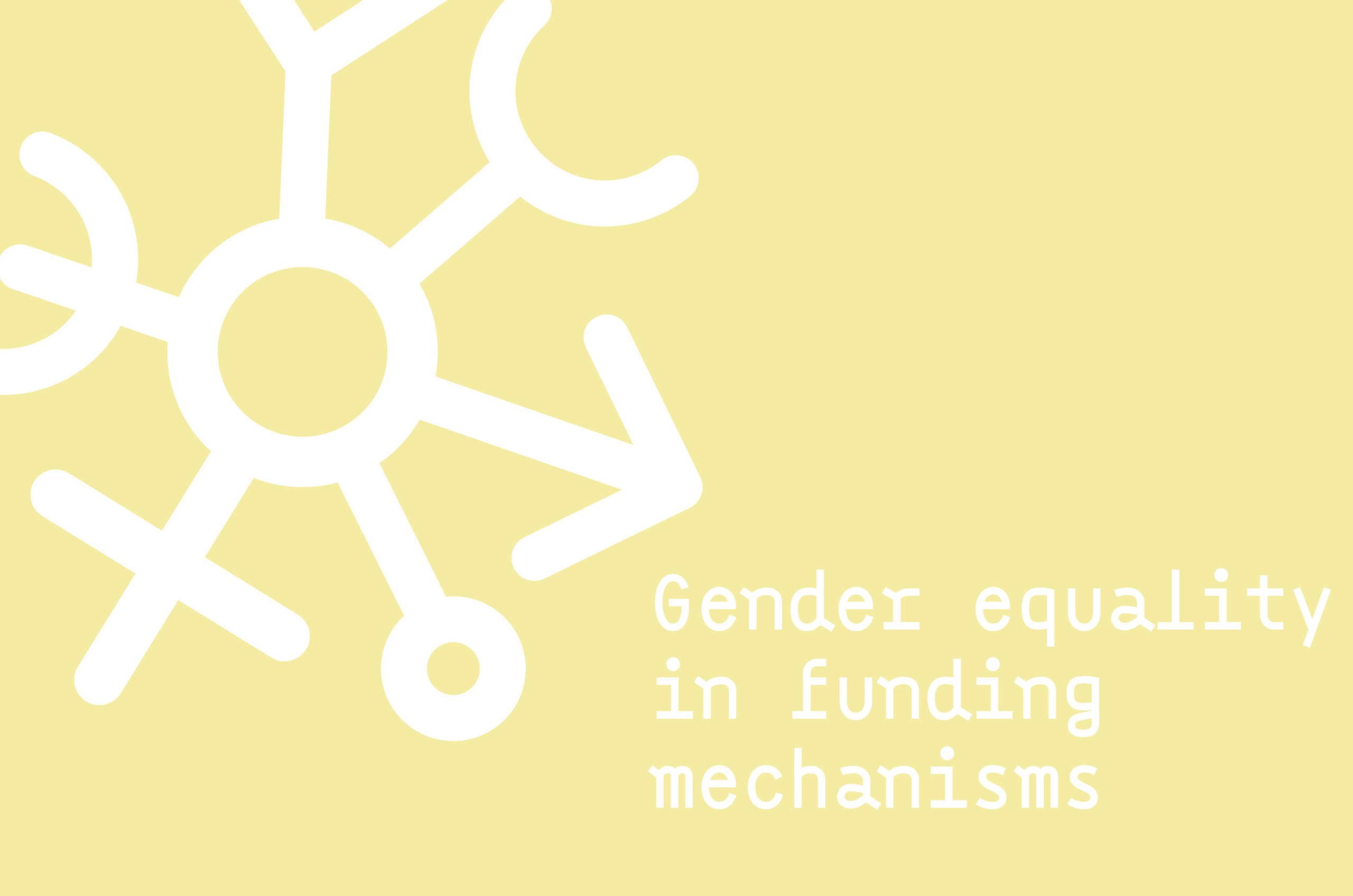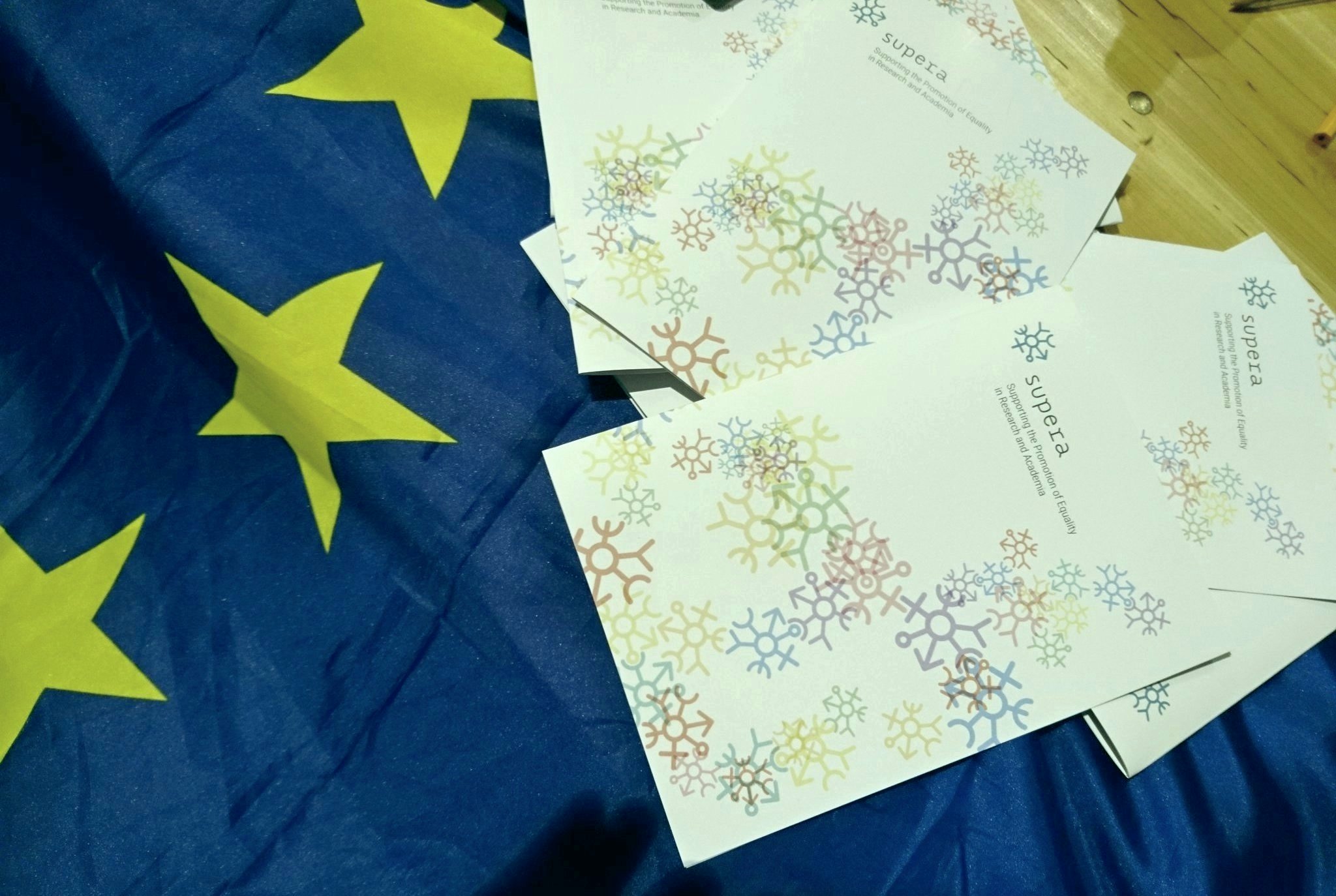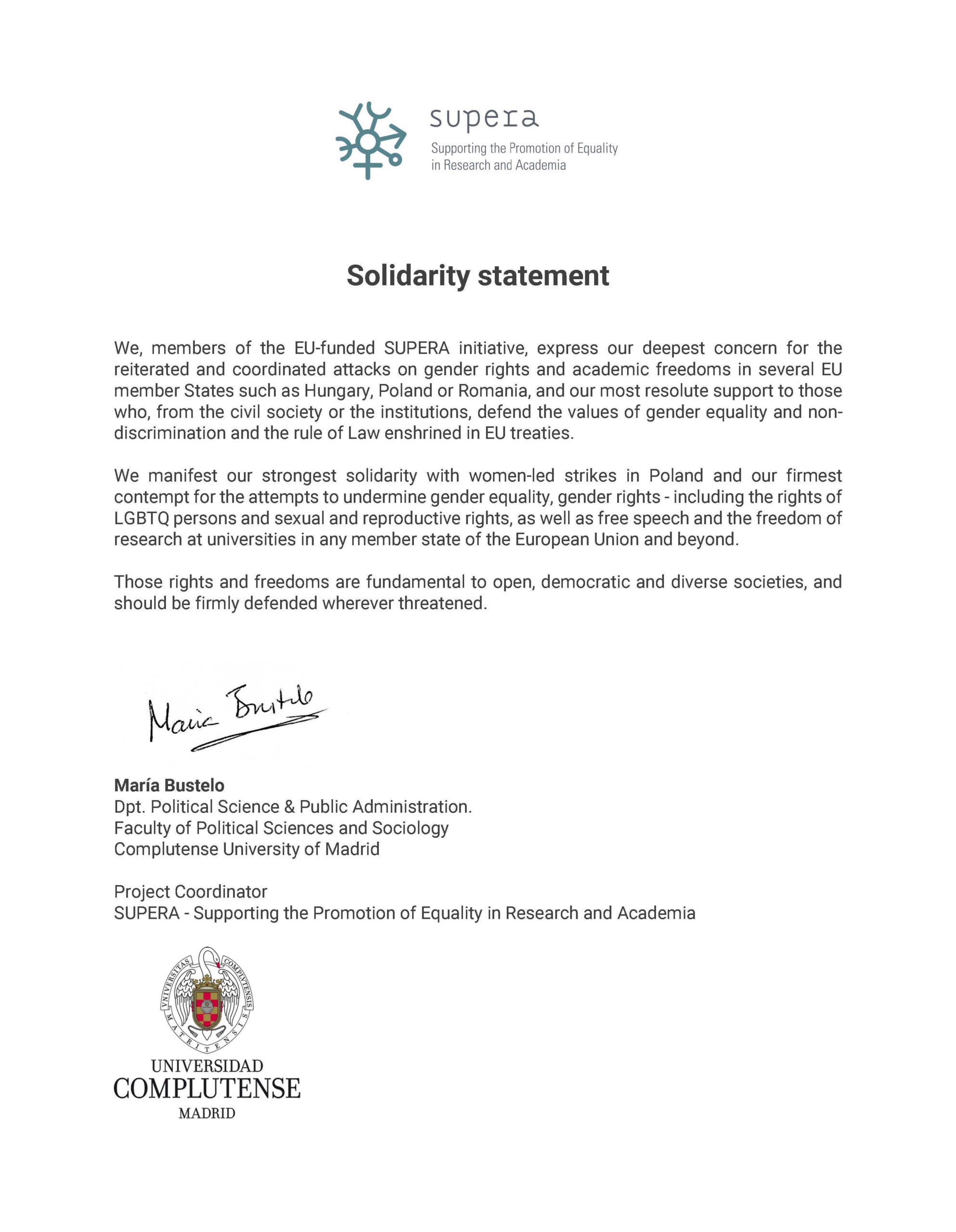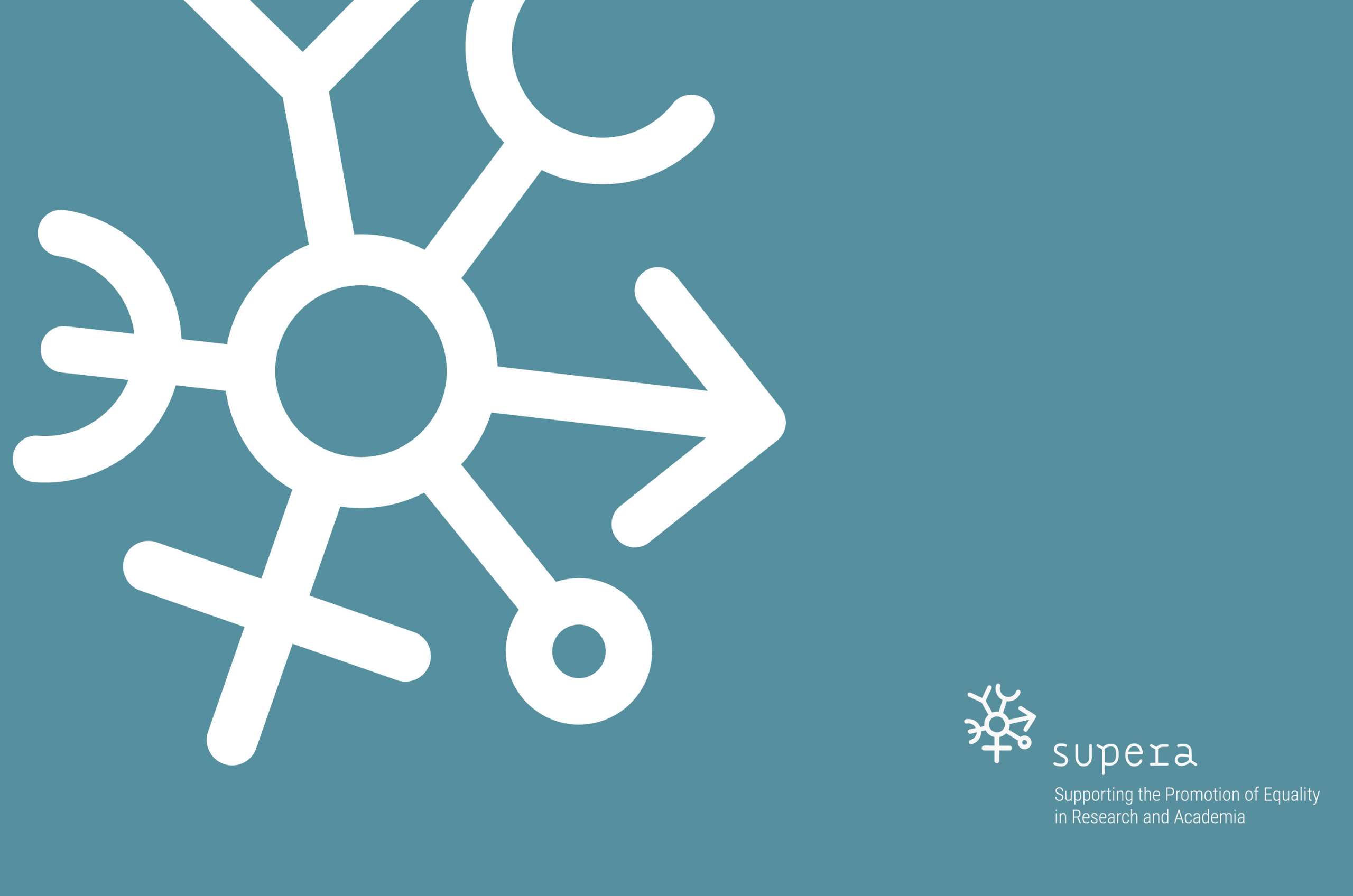The unequal effects of the Covid-19 pandemic on Portuguese women academics
By Filipa Marques, Sofia Miguel (NOVA University Lisbon) Mónica Lopes (University of Coimbra)
The COVID-19 has caused substantial disruptions to academic activities:
- Working parents have to balance their time between academic responsibilities, childcare and domestic tasks;
- Professors have to ensure online lectures for their students, sometimes using pre-recorded lessons, in order to mitigate the distance;
- Researchers have to adapt to a new reality, which constrains the lab work to a minimum.
The general impact of confinement measures in the academic performance of professors and researchers has been a subject of interest, mainly because most of working professors and researchers are also parents, some with young children in their care. It is a matter of public discussion that COVID-19 is having an uneven influence with those with child/adult care responsibilities – particularly women. Female professors and researchers have been facing more difficulties to publish their research due to the confinement caused by COVID-19, according to data that show that women’s publishing success dropped after schools closed [1, 2]. A recent study indicates a sharp decrease in original research-papers submissions by female researchers in several international journals, during confinement caused by COVID-19 [3]. As the novel virus reveals an endeavour to researchers in the medical and health sciences disciplines, the proportion of published papers in such fields dramatically increased to promptly allow results dissemination. In this regard, female publication success during this period should have increased, not decreased, since women have been increasing their representativeness in these fields [4, 5]. This fact illustrates the confinement effect on women’s publication records and at the preprint and journal submission stages.
In Portugal, COVID-19 has affected professors and researchers similarly, as in other countries, facing the same challenges. Aware of this, SPEAR partner, NOVA University Lisbon, has been laying foundations towards a more equal-opportunities-academic environment that aims to implement gender-sensitive policies and help reduce the institutional gender gap.
The data on the effects of COVID-19 in female academics are still scarce. However, there are two research projects ongoing, specifically devoted to exploring the effects of the pandemic at the national level. The only empirical research already documenting the impact of COVID-19 in the work conditions and academic performance of women in Portuguese research institutions has been carried out by the University of Coimbra, within the framework of the SUPERA project. Based on a survey questionnaire of teaching and research staff, the findings shed light on gender inequalities that are shaping COVID’s impact on working conditions, work-life balance, and academic time usage and efficacy. It has been particularly more difficult to academic women, especially younger mothers in non-tenure-track positions.
In Portugal, academic women seem to be more exposed to not only the severity of psychological/emotional effects of the COVID-19 crisis but also to the increased burden of domestic and care duties during confinement. Moreover, the pandemic appears to affect disproportionately the housework and care routines of women (especially younger academic mothers), as well as the personal routines of female academics, who reported more often a reduction of leisure time during the lockdown.
The increased household and emotional burdens arising from COVID restrictions also affect the work-family negotiations and conflicts, posing differentiated challenges to reconcile the competing time demands of paid work and family. Substantial differences are observed between men and women perceptions of how the pandemic has affected their work. Female academics and academics with young children in the household most frequently emphasise the influence of COVID-19 on the amount of time dedicated to professional work. Moreover, when analysing the changes on time allocation to the various domains of the academic activity, one can observe that the reinforcement of teaching and administrative tasks during the confinement is specially bound to female dedication. In the case of young mothers, the priority given to teaching occurs at the expense of research activities (e.g., manuscript and grant writing, peer review and serving on funding panels) which are critical to career progression.
The study also gives important insights on the extent to which the distinctive burdens imposed by the lockdown to female scientists and scientists with young children impacted academic productivity. Nevertheless, it is too early to get a complete picture of this impact, as the lockdown period has been relatively short compared to normative research timelines. The outputs considered to explore the effects of the pandemic in academic productivity were mainly of scientific character but also connected to pedagogical activities, knowledge transfer and dissemination. When solely considered, neither gender nor parental status significantly affected the changes in academic output observed during the “stay home order”. Nonetheless, when considered in combination, gender and parental status displayed a significant influence in the differences observed between the pre-pandemic and pandemic period, placing female scientists with children up to 12 in a particular disadvantage.
Moreover, women without children and men with and without children have increased their output submission during the confinement, whereas younger academic mothers faced an inverse trend. This difference may further aggravate the gap between men and women, as said institutions have an increasingly research-oriented strategy. This may translate into a significant disproportion of the performance management policies regarding tenure, recognition and promotion since most academic careers evolve directly from strong publication records and academic performance [6].
Although limited in scale and scope, this study provides sound quantitative evidence highlighting gender disparities in how the pandemic has affected the scientific workforce in Portugal. Academic institutions and funding organisations should consider the inequalities regarding not only academic productivity but also material and non-material working conditions to put in place some measures. The metrics to assess funding and academic position applications rely on bibliometric indicators that tend to be unidimensional. Therefore, a requirement for academic assessment and monitoring should include institutional measures to promote career development and talent retention, a more diverse and inclusive working environment, and family-friendly policies. These would be important to provide resources for early-career academics, particularly women with young children, to attenuate the negative effects of academic productivity resulting from the COVID-19 pandemic.
This article is the result of a joint initiative among the H2020 sister projects SPEAR and SUPERA and has been published also on the SPEAR website.



